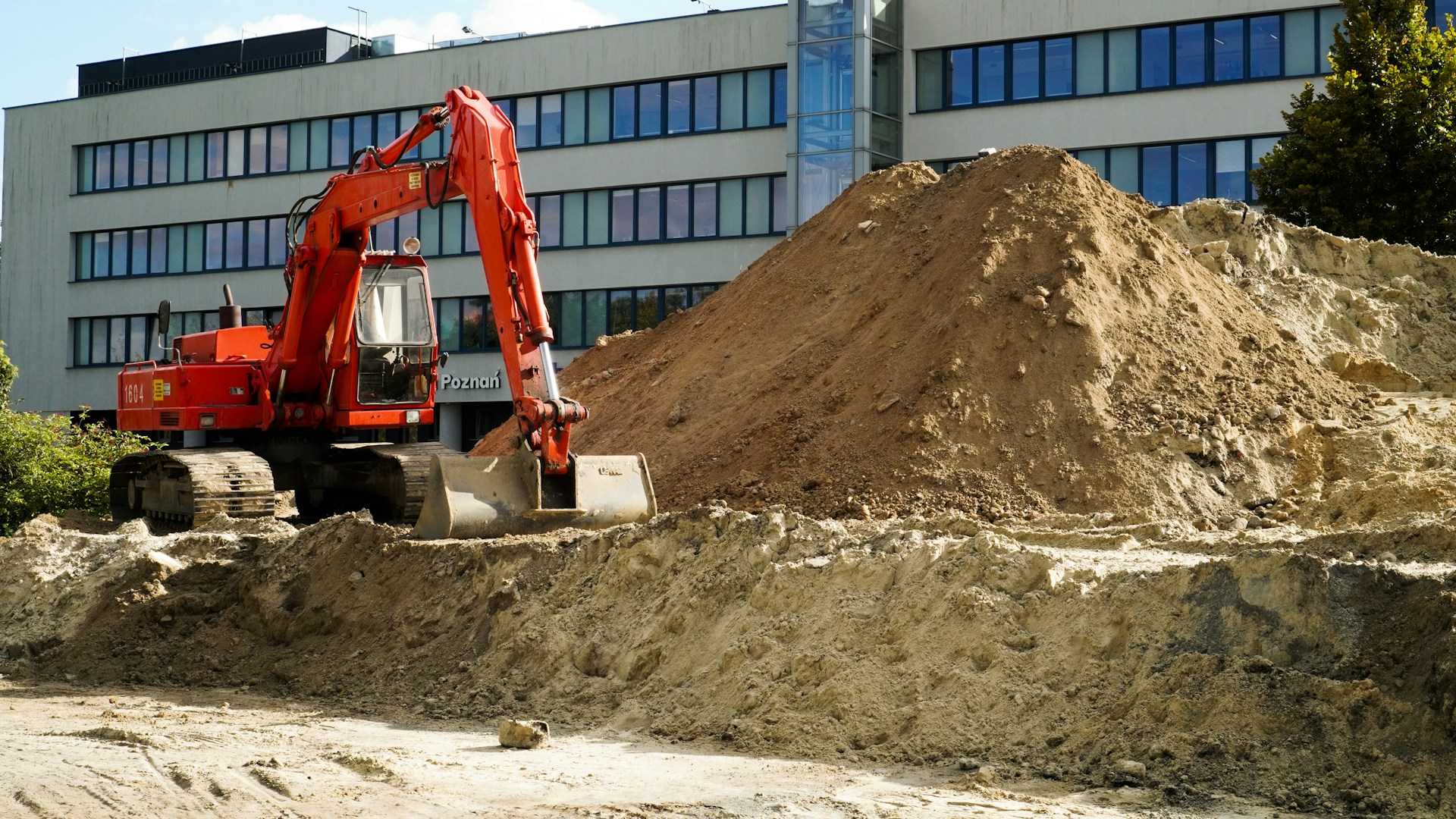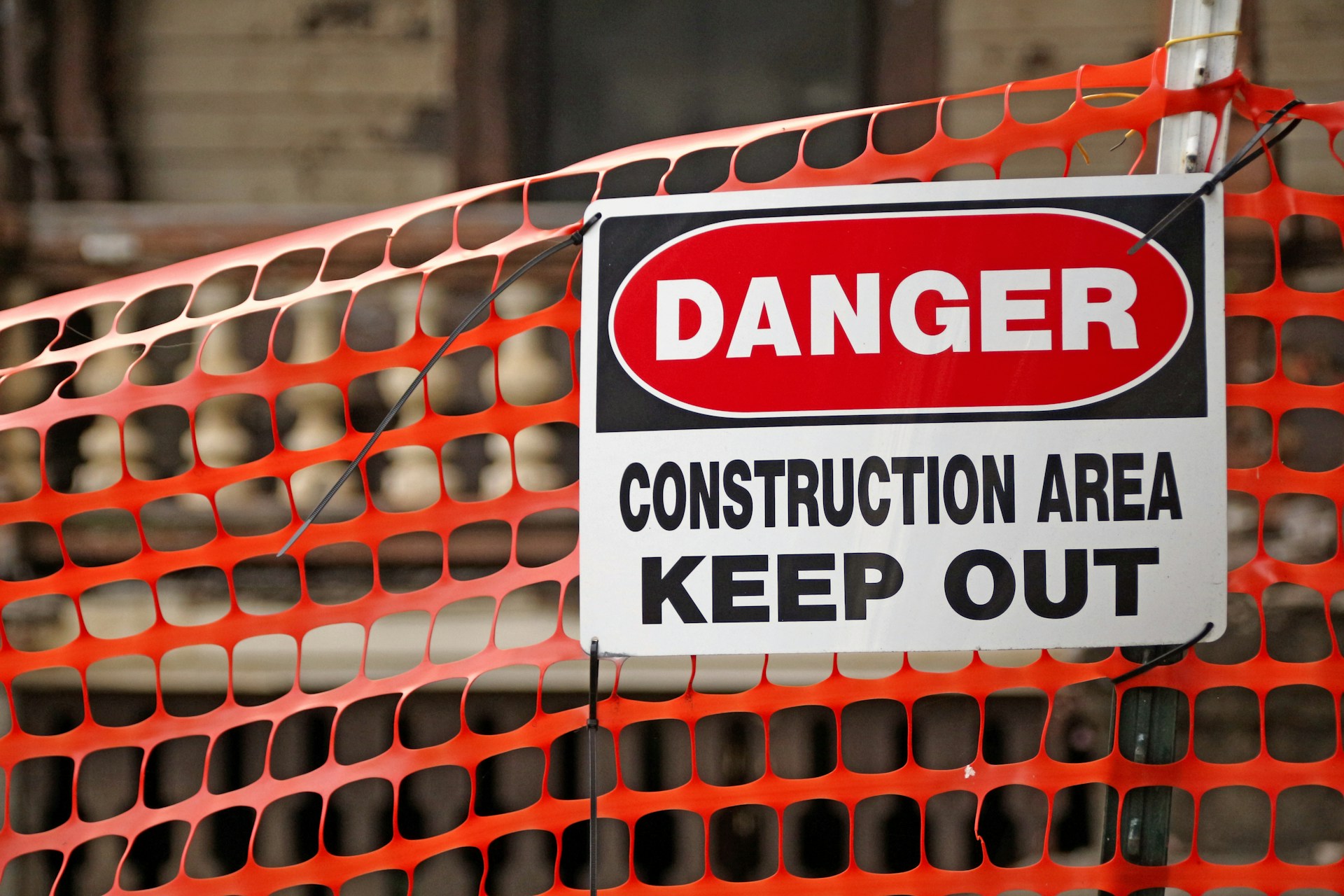Like a chef expertly orchestrating the preparation of an elaborate meal, construction project managers coordinate all the moving parts of a complex build. We serve as the linchpin connecting owners, architects, contractors, and other stakeholders to deliver successful projects. Our role extends far beyond simply overseeing on-site work—we manage the entire lifecycle from initial planning through to final completion.
As construction project managers, we take responsibility for keeping projects on schedule, within budget, and up to quality standards. This involves meticulous planning, clear communication, and proactive problem-solving at every stage. We develop comprehensive project schedules, create and manage budgets, coordinate labor and materials, and ensure compliance with regulations and contract terms.
Unlike construction managers, who focus primarily on day-to-day site operations, we handle the overall strategy as well as the details. We facilitate collaboration between all parties, resolve conflicts, mitigate risks, and keep stakeholders informed. By maintaining a holistic view, we can anticipate and address issues before they impact the project’s success.
The construction landscape is rapidly evolving with new technologies, methods, and challenges emerging. As project managers, we must stay adaptable and embrace innovation to deliver projects more efficiently. Our expertise in both construction practices and management principles allows us to navigate complexity and drive projects to successful completion.
What Are the Key Responsibilities of Construction Project Managers?

Construction project managers shoulder a wide range of critical responsibilities that span the entire lifecycle of a project. Their multifaceted role requires balancing technical expertise with strong leadership and communication skills. Here are the key areas where project managers focus their efforts:
Creating and Managing Bid Requests
One of the first major tasks for a construction project manager is often overseeing the bidding process. This involves:
- Developing detailed bid packages that clearly outline project scope, requirements, and timelines
- Evaluating submitted bids for completeness, cost-effectiveness, and alignment with project goals
- Negotiating with potential subcontractors and vendors to secure the best value for the project
By managing this process effectively, project managers lay the groundwork for successful project execution and cost control.
Developing and Maintaining Project Schedules
Once a project kicks off, the construction project manager becomes the guardian of the schedule. This crucial responsibility includes:
- Creating detailed timelines that account for all project phases and dependencies
- Coordinating with subcontractors to ensure realistic task durations
- Regularly updating the schedule to reflect progress and any necessary adjustments
- Proactively identifying and addressing potential delays before they impact the critical path
A well-managed schedule is the backbone of any successful construction project, keeping all stakeholders aligned and accountable.
Precise Budget Estimation and Management
Construction project managers must have a firm grasp on the financial aspects of their projects. Key budget-related responsibilities include:
- Developing accurate initial cost estimates based on project scope and market conditions
- Creating detailed budget breakdowns for each project phase and cost category
- Tracking expenses in real-time and comparing them against projections
- Managing change orders and their impact on the overall budget
- Identifying opportunities for cost savings without compromising quality or safety
By maintaining tight control over the budget, project managers help ensure the financial success of their projects and protect their company’s bottom line.
Regular Jobsite Supervision
While construction project managers may not be on-site daily, their presence and oversight are crucial. Site supervision responsibilities typically involve:
- Conducting regular site visits to assess progress and identify any issues
- Ensuring compliance with safety regulations and company policies
- Coordinating with the on-site superintendent to address any challenges or resource needs
- Verifying that work quality meets project specifications and client expectations
This hands-on approach allows project managers to stay connected to the day-to-day realities of their projects and make informed decisions.
Effective Communication Across All Teams
Perhaps one of the most critical responsibilities of a construction project manager is facilitating clear and constant communication. This encompasses:
- Leading regular project meetings with internal teams, subcontractors, and clients
- Providing timely updates on project status, challenges, and successes
- Mediating conflicts between different stakeholders
- Ensuring that all team members have the information they need to perform their roles effectively
Strong communication skills help project managers build trust, maintain alignment, and drive collaboration across diverse teams.
By excelling in these core responsibilities, construction project managers provide the leadership and coordination necessary to guide complex projects from conception to successful completion. Their ability to balance technical knowledge with strong interpersonal skills makes them invaluable assets in the dynamic world of construction.
What Skills and Qualifications Do Successful Construction Project Managers Need?
At EB3 Construction, we know that successful construction project managers require a unique blend of technical knowledge and leadership abilities. Our experience has shown that the following skills and qualifications are essential for excelling in this demanding role:
Key Skills
- Communication: We emphasize clear, consistent communication across all stakeholders – from laborers to executives to clients. This keeps everyone aligned and projects running smoothly.
- Planning and Coordination: Our project managers develop detailed schedules and resource plans, coordinating multiple moving parts to keep projects on track.
- Problem-Solving: Construction inevitably involves unforeseen challenges. We rely on our project managers’ ability to quickly assess issues and implement creative solutions.
- Leadership: Motivating diverse teams and maintaining morale through lengthy, complex projects is crucial for success.
- Technical Knowledge: Understanding construction methods, building codes, contract terms, and safety regulations is fundamental to effective oversight.
- Financial Management: We count on our project managers to manage budgets, control costs, and maximize profitability without compromising quality.
Qualifications and Experience
While specific requirements may vary, we typically look for:
- A bachelor’s degree in construction management, civil engineering, or a related field
- 4-6 years of hands-on construction industry experience
- Proficiency with project management software and building information modeling (BIM) tools
- Knowledge of building codes, contract law, and OSHA safety regulations
- Professional certifications such as the PMP from PMI or CCM from CMAA are highly valued
The construction industry is continually evolving, so we emphasize ongoing learning and professional development for our project managers. By staying current with industry trends and honing both technical and soft skills, our team is equipped to tackle the most challenging projects.
| Key Skill | Description |
| Communication | Clear, consistent communication across stakeholders to keep projects aligned and running smoothly. |
| Planning and Coordination | Developing detailed schedules and resource plans to coordinate multiple moving parts. |
| Problem-Solving | Quick assessment and creative solutions for unforeseen challenges. |
| Leadership | Motivating diverse teams and maintaining morale through complex projects. |
| Technical Knowledge | Understanding of construction methods, building codes, contract terms, and safety regulations. |
| Financial Management | Managing budgets, controlling costs, and maximizing profitability while maintaining quality. |
At EB3, we’ve found that the most successful construction project managers combine robust technical knowledge with strong interpersonal abilities. They excel at both the detailed planning work and the dynamic leadership required on active job sites. By cultivating this diverse skill set, we ensure our projects are completed safely, on time, and to the highest quality standards.
What Challenges Do Construction Project Managers Face?

Construction project managers face numerous challenges daily as they work to deliver successful projects. Some of the key obstacles they encounter include:
Task Prioritization Among Multiple Activities
With numerous ongoing activities on a construction site, project managers must prioritize tasks and allocate resources effectively. This requires a keen understanding of dependencies between different project phases and the ability to adapt quickly when issues arise.
Managing Client Expectations
In a competitive industry, managing client expectations is crucial but often difficult. Clients may have unrealistic timelines or budget constraints that need to be addressed diplomatically. Project managers must balance maintaining positive client relationships with delivering realistic project outcomes.
Addressing Unexpected Changes and Issues
Construction projects are prone to unforeseen challenges, from weather delays to material shortages to design modifications. Project managers need to be adept at quickly assessing situations, developing contingency plans, and communicating changes to all stakeholders.
Staying Updated with Industry Regulations and Technologies
The construction industry is constantly evolving, with new regulations, building codes, and technologies emerging regularly. Project managers must invest time in ongoing education and training to ensure their projects remain compliant and leverage the latest tools and techniques for improved efficiency.
Working with Poorly Defined Project Objectives
Sometimes projects begin without clearly defined goals or scope, leading to misunderstandings and potential conflicts. Effective project managers work to establish clear objectives early on and maintain open lines of communication to address any ambiguities.
Overcoming Challenges with Construction Management Software
To address these multifaceted challenges, many successful project managers turn to specialized construction management software. These tools help streamline operations by:
- Providing real-time visibility into project progress and resource allocation
- Facilitating better communication and collaboration among team members and stakeholders
- Automating routine tasks to free up time for strategic decision-making
- Offering data-driven insights to improve project planning and risk mitigation
By leveraging technology and focusing on proactive problem-solving, construction project managers can navigate the complex landscape of their industry more effectively, leading to improved project outcomes and client satisfaction.
What Is the Career Outlook for Construction Project Managers?
The field of construction project management offers promising growth potential and competitive compensation. According to the U.S. Bureau of Labor Statistics (BLS), employment of construction managers is projected to increase by 9% from 2023 to 2033, more than twice the 4% average for all occupations. This strong outlook translates to approximately 45,800 job openings for construction managers each year over the next decade.
As of May 2024, the median annual wage for construction managers was $106,980. However, earnings can vary significantly based on factors such as industry, experience, and location. For example, professionals in heavy and civil engineering construction earned a median salary of $121,060, compared to $91,150 for those in residential building construction.
Several factors contribute to this positive career outlook:
- Population and business growth driving demand for new infrastructure, manufacturing facilities, and commercial/residential buildings
- Ongoing need to repair and upgrade existing structures
- Increasing complexity of construction processes requiring specialized management
- Growing emphasis on energy efficiency and sustainable building practices
There are multiple paths to becoming a construction project manager. While many enter the field with a bachelor’s degree in construction management, civil engineering, or a related field, it’s also possible to advance from trades positions or transition from other industries with relevant experience. Some construction firms may hire candidates with a high school diploma and extensive hands-on construction experience, though opportunities for advancement may be more limited without a degree.
As the industry evolves, construction project managers must adapt to new technologies and methodologies. Building Information Modeling (BIM), drones, augmented reality, and advanced project management software are increasingly common tools. However, the core skills of leadership, communication, problem-solving, and financial management remain essential.
For those looking to enhance their credentials and earning potential, professional certifications like the Certified Construction Manager (CCM) from the Construction Management Association of America can be valuable. Additionally, specializing in areas such as sustainable construction, healthcare facilities, or industrial projects can lead to higher-paying opportunities.
| Industry | Median Salary |
|---|---|
| Information Technology | $208,518 |
| Energy, Mining, and Utilities | $151,830 |
| Aerospace and Defense | $133,234 |
| Pharmaceutical and Biotechnology | $130,546 |
| Heavy and Civil Engineering Construction | $110,940 |
| Specialty Trade Contractors | $101,390 |
| Nonresidential Building Construction | $107,660 |
| Residential Building Construction | $92,980 |
The construction project management field offers a dynamic and rewarding career path for those who enjoy leading teams, solving complex problems, and seeing tangible results from their work. With strong projected growth and competitive salaries, it is an attractive option for both new graduates and experienced professionals seeking a change. As the built environment continues to evolve, skilled construction project managers will play a vital role in shaping our cities, infrastructure, and workplaces of the future.
Conclusion: The Essential Role of Construction Project Managers

Construction project managers are the backbone of successful building projects, overseeing everything from planning to completion. Their role demands technical knowledge, leadership skills, and adaptability to overcome challenges and deliver projects that meet client expectations. By balancing budgets, schedules, quality, and stakeholder relationships, these professionals ensure projects are completed efficiently and effectively.
The responsibilities of construction project managers go beyond basic oversight. They act as the central hub, coordinating all aspects of a complex project—from initial planning and bidding to resource allocation, risk management, and quality control. Their ability to communicate effectively across diverse teams, foresee potential issues, and make strategic decisions is crucial for achieving construction excellence.
As the construction industry evolves with new technologies and methodologies, skilled project managers remain in high demand as essential drivers of project success. Those who pursue ongoing professional development and embrace innovative project delivery methods will be well-positioned to lead the industry forward. The role offers challenges and rewards, providing opportunities to shape the built environment while honing valuable leadership capabilities.
For those considering a career in construction project management, the field promises a dynamic and impactful profession at the intersection of technical expertise and people management. As global infrastructure needs grow, talented construction project managers will play an increasingly vital role in bringing ambitious building projects to fruition.
To learn more about how EB3 Construction approaches project management to deliver outstanding results for our clients, contact our team today.




